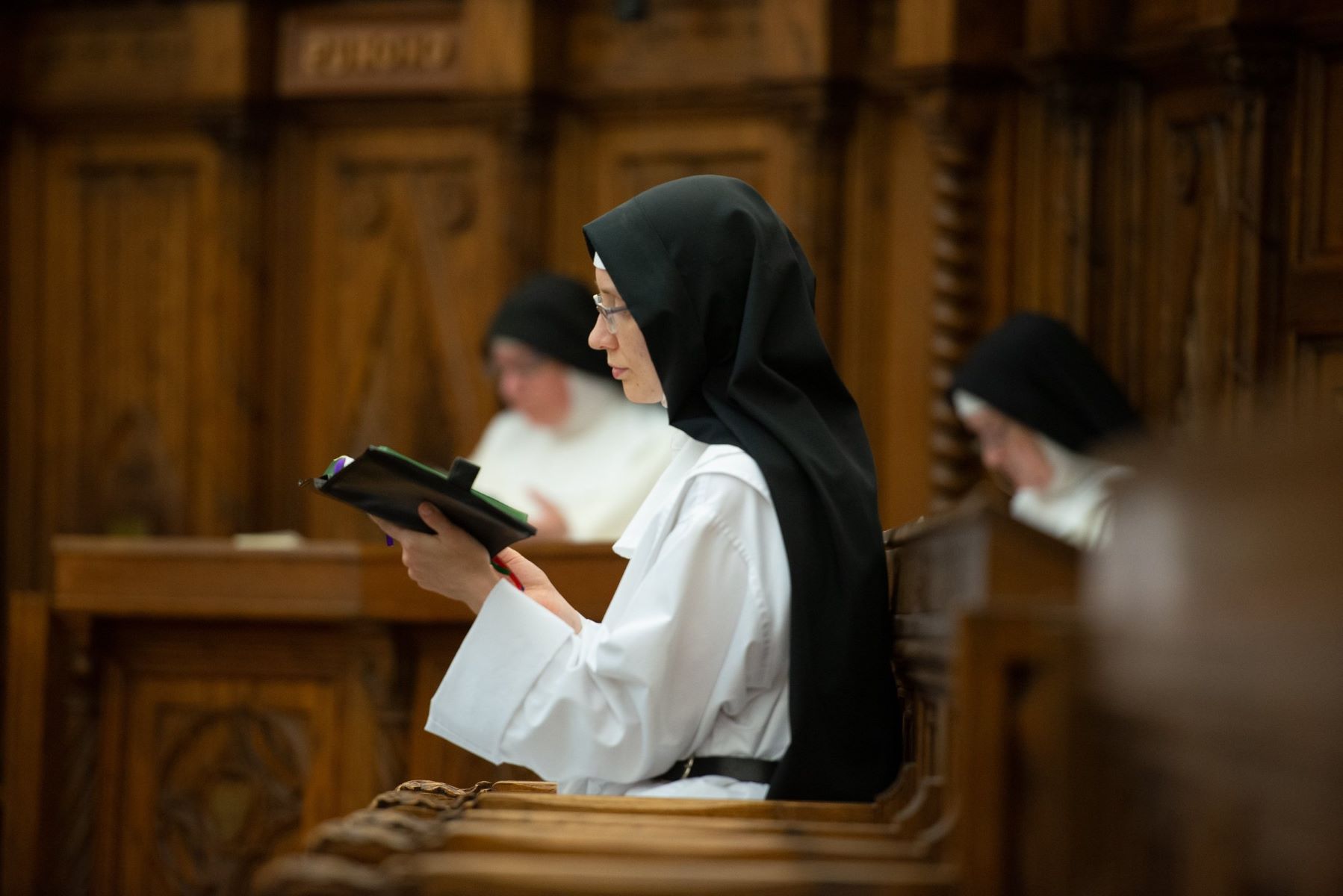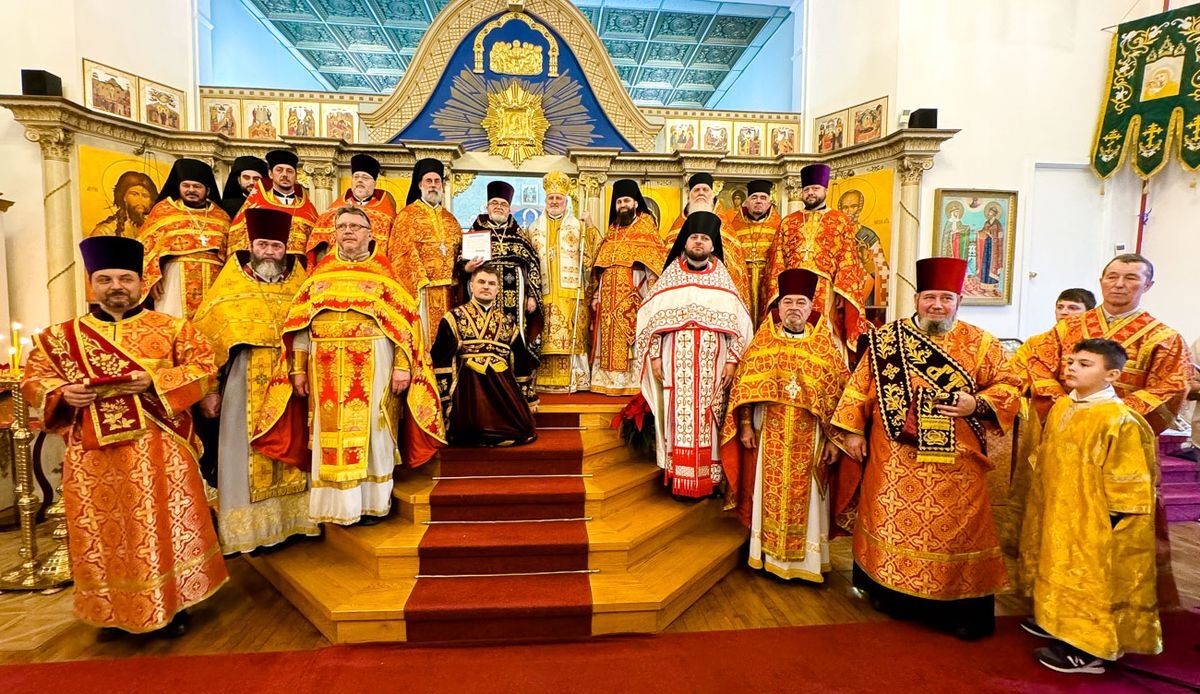
What is the Divine Office? The Divine Office, also known as the Liturgy of the Hours, is a set of daily prayers marking the hours of each day and sanctifying the day with prayer. It’s a tradition that dates back to the early Christian Church and is still practiced by many today. These prayers are recited at specific times, known as canonical hours, and include psalms, hymns, readings, and other prayers. The purpose is to ensure that the whole day is dedicated to God. Whether you’re a devout practitioner or just curious, understanding the Divine Office can enrich your spiritual journey.
What is the Divine Office?
The Divine Office, also known as the Liturgy of the Hours, is a set of prayers recited at specific times of the day by clergy, religious orders, and laypeople. It has a rich history and plays a significant role in Christian liturgical traditions.
- The Divine Office consists of a series of prayers, hymns, psalms, and readings.
- It is divided into seven canonical hours: Matins, Lauds, Prime, Terce, Sext, None, Vespers, and Compline.
- The practice dates back to the early Christian Church and has roots in Jewish prayer traditions.
Historical Background of the Divine Office
Understanding the history of the Divine Office helps appreciate its significance in Christian worship.
- The early Christians adopted the Jewish practice of praying at fixed times.
- Saint Benedict of Nursia formalized the structure of the Divine Office in the 6th century.
- The Rule of Saint Benedict became a foundational text for monastic communities, emphasizing the importance of the Divine Office.
Structure and Components of the Divine Office
The Divine Office is meticulously structured, ensuring that every part of the day is sanctified through prayer.
- Matins, also known as the Office of Readings, is typically prayed during the night or early morning.
- Lauds, or Morning Prayer, is recited at dawn to praise God for the new day.
- Prime, the first hour of daylight, was traditionally recited around 6 AM but is now often omitted.
- Terce, Sext, and None are the mid-morning, noon, and mid-afternoon prayers, respectively.
- Vespers, or Evening Prayer, is recited at sunset to thank God for the day.
- Compline, the final prayer of the day, is recited before retiring for the night.
Importance of Psalms in the Divine Office
Psalms play a central role in the Divine Office, reflecting the emotional and spiritual breadth of human experience.
- The Psalms are recited in a four-week cycle, ensuring that all 150 Psalms are prayed regularly.
- Each canonical hour includes specific Psalms, hymns, and readings.
- The Psalms express a range of emotions, from joy and thanksgiving to lament and supplication.
The Role of Hymns and Readings
Hymns and readings add depth and variety to the Divine Office, enriching the prayer experience.
- Hymns are sung at the beginning of each canonical hour, setting the tone for the prayers.
- Readings from Scripture and the writings of Church Fathers are included in the Office of Readings.
- The readings provide spiritual nourishment and reflection, connecting the faithful with the broader Christian tradition.
The Divine Office in Modern Times
The Divine Office continues to be a vital part of Christian life, adapted to meet contemporary needs.
- The Second Vatican Council reformed the Divine Office, making it more accessible to laypeople.
- Today, many laypeople, in addition to clergy and religious orders, pray the Divine Office using printed books or digital apps.
Final Thoughts on Divine Office
Understanding the Divine Office offers a glimpse into a rich tradition of prayer and devotion. It’s not just for clergy; laypeople can also participate, enriching their spiritual lives. The Liturgy of the Hours provides structure, helping individuals connect with the divine throughout the day. From Matins to Compline, each hour has its unique significance and beauty. Whether you’re seeking a deeper connection with your faith or just curious about religious practices, exploring the Divine Office can be a rewarding experience. Remember, it’s about consistency and intention. Even if you start small, incorporating these prayers into your daily routine can bring a sense of peace and purpose. So, why not give it a try? You might find it’s exactly what you need to enhance your spiritual journey.
Was this page helpful?
Our commitment to delivering trustworthy and engaging content is at the heart of what we do. Each fact on our site is contributed by real users like you, bringing a wealth of diverse insights and information. To ensure the highest standards of accuracy and reliability, our dedicated editors meticulously review each submission. This process guarantees that the facts we share are not only fascinating but also credible. Trust in our commitment to quality and authenticity as you explore and learn with us.


